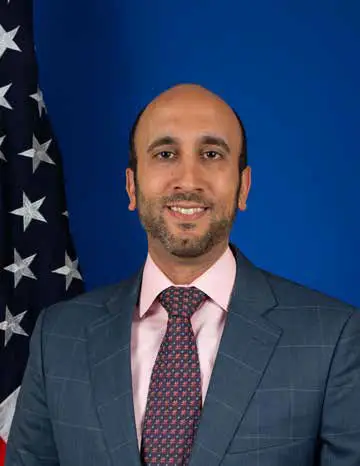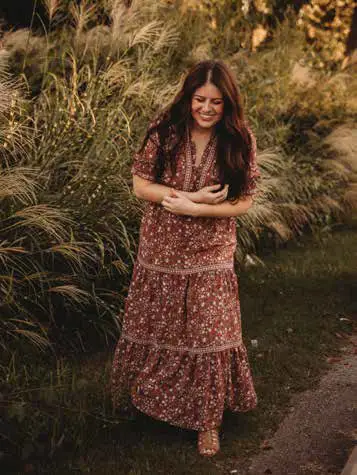The Universal Language
The Universal Language


Mark Twain said that history doesn’t repeat itself, but it often rhymes. If so, that might explain how two musically inclined college scholars more than a decade apart ended up collaborating on a cultural diplomacy project in Colombia.
Jay Raman (’97) and Anne Buckle (’11) only met a few years ago, but they followed strikingly similar paths. As college scholars, they both designed programs blending international relations with music and spent semesters abroad in Europe. Raman continued his studies at Harvard Law School, while Buckle pursued a master’s degree in arts advocacy from Harvard’s School of Education.
Raman joined the Foreign Service after two years as a lawyer. His work has focused on cultural exchange, including programs that bring US artists overseas to engage with foreign audiences.
Buckle was a two-time State Department intern, and she came very close to joining the diplomatic corps herself before opting to move to Nashville to pursue a career in music
These parallel paths finally intersected when Raman came across an article about Buckle in the w magazine that described her Three Chords project, which helps young refugees express themselves through music. Raman was posted to the US Embassy in Colombia, a country that is still emerging from decades of internal conflict. When Raman learned about Buckle’s work with vulnerable communities, he reached out to see if she might be willing to share her talents with Colombian youth.
She immediately agreed and was matched with the embassy’s Youth Ambassadors program, which provides skills training to young social leaders from under-served populations.
One afternoon, Buckle logged onto a Zoom platform with 18 Youth Ambassadors and two mentors. After a brief icebreaking session, they began to write. Over the course of three hours, she coaxed them into expressing thoughts and ideas that slowly coalesced into music. By the end of the session, they had written a brand-new song from start to finish, emphasizing their role as global changemakers.
Buckle’s method opens up a world of possibilities for cultural exchange. Instead of just performing for an audience, she engages with them to help them discover something new and original. This is an incredible resource for diplomats like Raman, who work to communicate US culture and values to foreign audiences.
Another great American writer, Henry Wadsworth Longfellow, wrote that “Music is the universal language of mankind.” Buckle and Raman’s project shows that music isn’t just a way to communicate. It is also one of the most effective tools we have to build cross-cultural understanding.